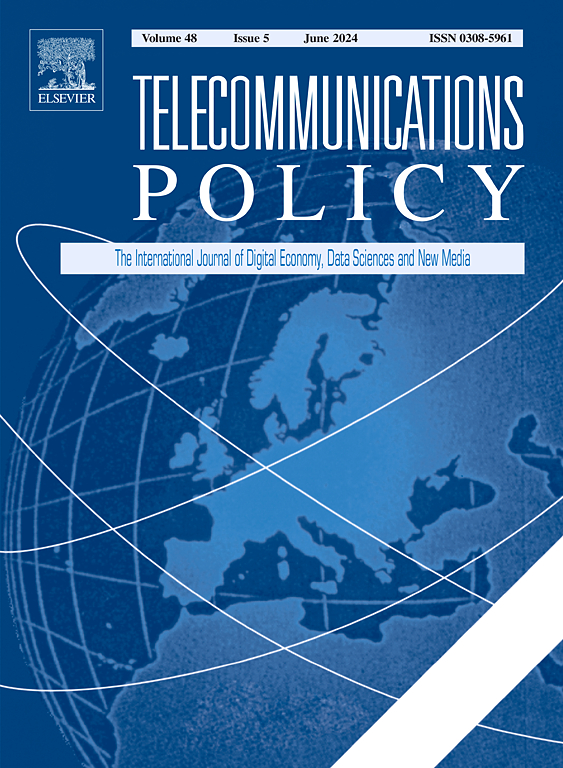Electronic toll collection (ETC) on highways: Global trends, Vietnam's experience, and policy lessons
IF 6.4
2区 管理学
Q1 COMMUNICATION
引用次数: 0
Abstract
This paper explores the transformative shift to Electronic Toll Collection (ETC) systems in highway management, focusing on deployment patterns and the realized benefits. By analyzing global ETC trends and taking a deep dive into Vietnam's experience, it offers practical policy insights for developing countries facing this critical transition.
A key feature of the paper is its in-depth analysis of Vietnam's shift from manual toll collection (MTC) to ETC, demonstrating significant improvements in emissions reduction, operational efficiency, and cost and time savings.
Based on its findings, the paper emphasizes the role of ETC in enhancing productivity, promoting sustainable development, reducing pollution, and advancing towards a smart economy and society. It highlights the crucial importance of government leadership and private sector collaboration in achieving successful ETC implementation. Additionally, the paper underscores the urgency and substantial benefits of investing in digital transformation for toll facilities like metros, tunnels, and skyways to alleviate traffic congestion in megacities and on inter-city roads, potentially saving millions of people and vehicles hours of travel time.
高速公路电子收费(ETC):全球趋势、越南的经验和政策教训
本文探讨了高速公路管理中向电子收费(ETC)系统的转型,重点讨论了部署模式和实现的效益。通过分析全球ETC趋势并深入研究越南的经验,它为面临这一关键转型的发展中国家提供了实用的政策见解。本文的一个主要特点是深入分析了越南从人工收费(MTC)到ETC的转变,展示了在减排、运营效率以及成本和时间节约方面的重大改进。基于其研究结果,本文强调了ETC在提高生产力,促进可持续发展,减少污染以及向智能经济和社会迈进方面的作用。它强调了政府领导和私营部门合作在成功实施ETC方面的至关重要性。此外,该报告强调了投资于地铁、隧道和高架公路等收费设施的数字化转型的紧迫性和巨大效益,以缓解特大城市和城际道路的交通拥堵,可能节省数百万人和车辆的旅行时间。
本文章由计算机程序翻译,如有差异,请以英文原文为准。
求助全文
约1分钟内获得全文
求助全文
来源期刊

Telecommunications Policy
工程技术-电信学
CiteScore
10.80
自引率
12.50%
发文量
122
审稿时长
38 days
期刊介绍:
Telecommunications Policy is concerned with the impact of digitalization in the economy and society. The journal is multidisciplinary, encompassing conceptual, theoretical and empirical studies, quantitative as well as qualitative. The scope includes policy, regulation, and governance; big data, artificial intelligence and data science; new and traditional sectors encompassing new media and the platform economy; management, entrepreneurship, innovation and use. Contributions may explore these topics at national, regional and international levels, including issues confronting both developed and developing countries. The papers accepted by the journal meet high standards of analytical rigor and policy relevance.
 求助内容:
求助内容: 应助结果提醒方式:
应助结果提醒方式:


